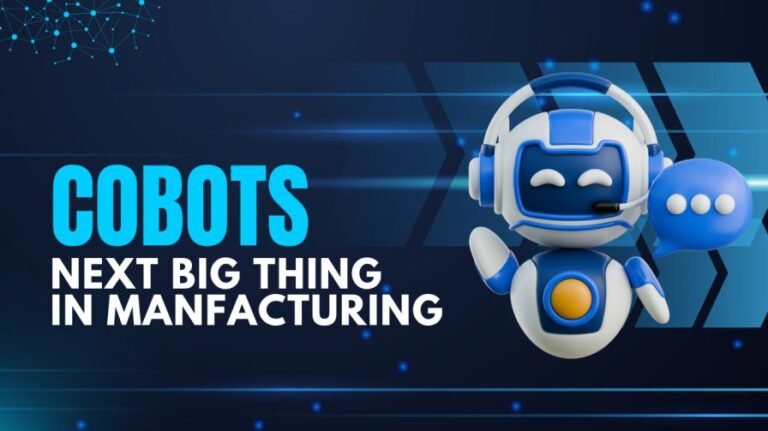With the advent of machine learning development, doors have opened that we couldn’t have thought were possible ten years ago. However, while most people envision AI as the technology running on...
In a very fast-paced and ever-changing environment, AI and ML are much-changing platforms where businesses, creators, and consumers interact with video content. Video has passed the era of basic...
The healthcare industry is the place where innovation and necessity meet. Each day, hospitals, clinics, labs, and insurance companies produce too much data–patient records, diagnostic reports...
Technology is rapidly advancing. Every business–from startups to small businesses to large companies–wants apps to launch faster, automate workflows, and save money. But there’s the big...
Robotic Process Automation (RPA) has become a game-changer in all sectors of the industry, being used to help businesses automate repetitive activities, minimize errors, and boost productivity. As...
With the present digital-first business world, firms are already under severe pressure to offer faster, error-free, and less expensive solutions. As one of the most popular ERP systems on the planet...
If you’ve ever had to deal with medical bills, you’ve probably felt how they can be such a drag — lengthened waits, unexpected charges, mistakes that compound stress for both patients and providers...
Automation and innovation are now essential in the increasingly competitive business world, which is growing at a rapid pace. Whether it is a startup or a multinational company, all organizations seek...
Imagine a world where you walk into any factory and the robots are not hidden behind cages or kept away from people. Instead, they’re placed directly beside human employees — assisting them in...








